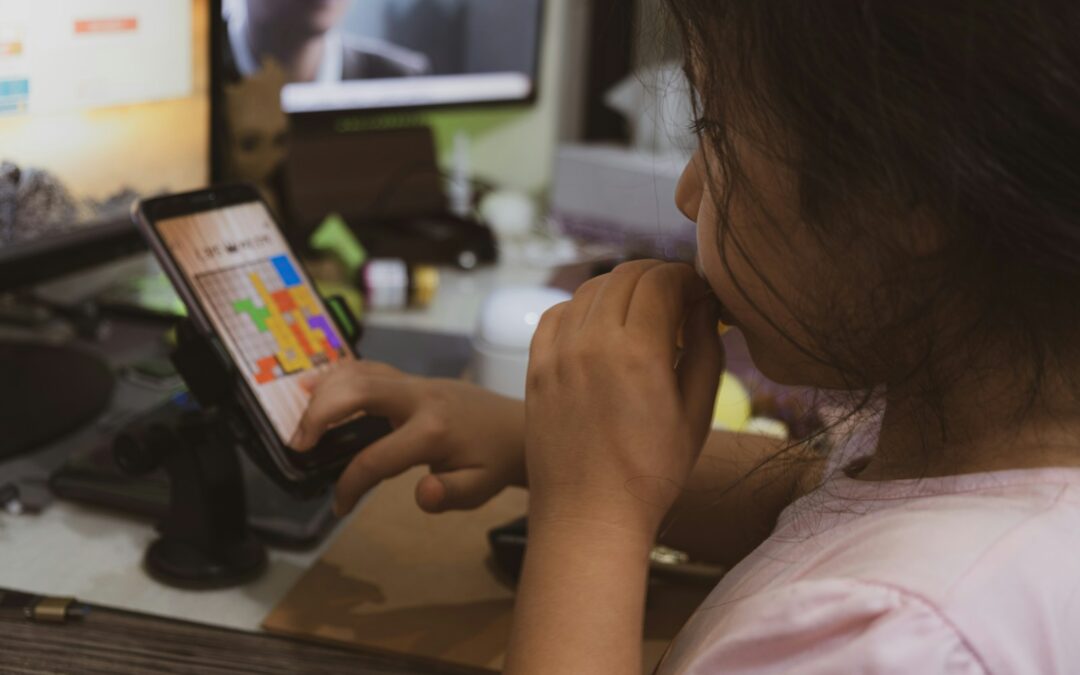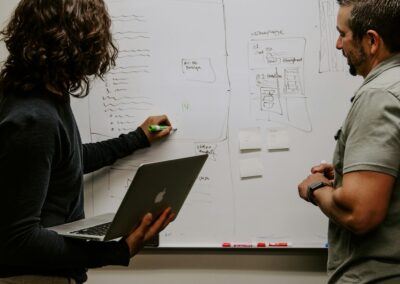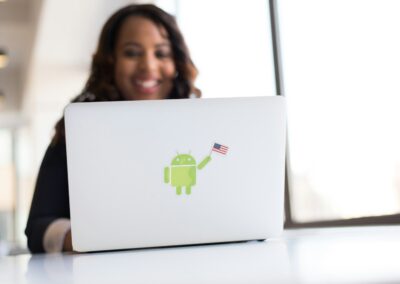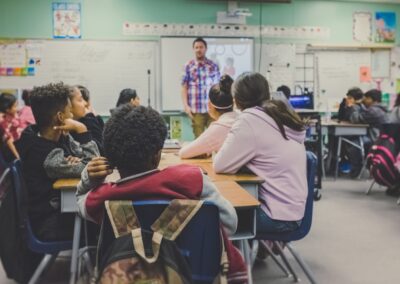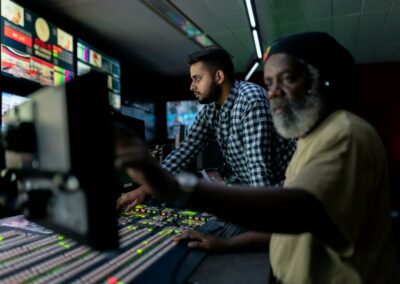Overcoming Barriers to Enhance Educational Collaboration
Technological and Infrastructure Challenges
The implementation of collaborative learning tools in educational settings offers tremendous potential for enhancing student engagement and fostering a collaborative learning environment. However, these tools come with a set of challenges that must be addressed to ensure their effective deployment. In regions such as Saudi Arabia, the UAE, Riyadh, and Dubai, where there is a strong emphasis on educational innovation, understanding and overcoming these challenges is crucial.
One of the primary challenges is the technological infrastructure required to support collaborative learning tools. Educational institutions need robust internet connectivity, sufficient bandwidth, and reliable hardware to facilitate seamless collaboration among students and teachers. While cities like Riyadh and Dubai are investing heavily in their digital infrastructure, there remain areas with inconsistent connectivity that can hinder the full adoption of these tools.
Additionally, the integration of collaborative learning tools demands sophisticated software platforms that can support a range of collaborative activities, such as group projects, discussions, and real-time feedback. These platforms must be user-friendly and accessible to all students, regardless of their technological proficiency. In Saudi Arabia and the UAE, schools are partnering with tech companies to develop and implement these systems. However, the challenge lies in ensuring that these tools are continuously updated and maintained to keep up with technological advancements.
Data security and privacy are also significant concerns when implementing collaborative learning tools. These tools collect and store vast amounts of data, including student interactions and personal information. Ensuring this data is protected from breaches and misuse is paramount. Educational institutions must implement stringent cybersecurity measures and comply with data protection regulations to safeguard student information. In the UAE, there is a growing emphasis on adopting advanced cybersecurity protocols, but the ever-evolving nature of cyber threats requires ongoing vigilance.
Pedagogical and Cultural Challenges
Beyond technological barriers, the implementation of collaborative learning tools faces significant pedagogical and cultural challenges. Educators must adapt their teaching methods to incorporate collaborative learning strategies effectively. This transition can be challenging for teachers who are accustomed to traditional instructional approaches and may lack the necessary training to leverage these tools fully.
Professional development and continuous training are essential to equip educators with the skills needed to integrate collaborative learning tools into their teaching practices. In the UAE, initiatives are underway to provide comprehensive training programs for teachers, focusing on the effective use of educational technology. However, ensuring that all educators receive adequate training and ongoing support remains a challenge.
Cultural attitudes towards education can also impact the adoption of collaborative learning tools. In some regions, there may be resistance to changing established educational practices and skepticism about the effectiveness of collaborative learning. Engaging stakeholders, including parents, educators, and students, in the implementation process is crucial to overcoming resistance and building acceptance of these tools. In Saudi Arabia, educational reform initiatives are increasingly incorporating stakeholder engagement to address cultural barriers and promote acceptance of innovative educational technologies.
Moreover, the effectiveness of collaborative learning tools depends on the quality and relevance of the content provided. Developing culturally appropriate and contextually relevant educational content is essential to ensure that collaborative learning tools resonate with students and support their learning needs. In Riyadh and Dubai, educational content developers are working to create materials that reflect local cultural values and educational standards. However, achieving a balance between global best practices and local relevance is an ongoing challenge.
Strategies to Overcome Implementation Challenges
Addressing the challenges of implementing collaborative learning tools requires a comprehensive approach that involves technological, pedagogical, and cultural strategies. One effective strategy is to enhance technological infrastructure and ensure equitable access to digital resources. Government-funded programs and partnerships with private organizations can help provide the necessary technology resources to underserved schools and communities. In Dubai, initiatives such as the Smart Learning Program aim to equip schools with the technology infrastructure needed to support collaborative learning.
Furthermore, continuous professional development for educators is crucial. Training programs should not only cover the technical aspects of using collaborative learning tools but also focus on pedagogical strategies to effectively integrate these tools into the classroom. Providing ongoing support and advanced workshops can help educators stay updated with the latest developments in educational technology. In the UAE, educational institutions are investing in professional development programs to ensure that teachers are well-prepared to utilize collaborative learning tools.
To address cultural challenges, it is important to engage all stakeholders in the implementation process. This includes involving parents, students, and educators in decision-making and providing opportunities for input and feedback. By fostering a collaborative approach to implementing these tools, educational institutions can build trust and acceptance among all stakeholders. In Saudi Arabia, initiatives that promote collaboration between educational institutions, technology providers, and regulatory bodies are crucial for creating an environment conducive to collaborative learning.
Additionally, developing inclusive and culturally relevant educational content is essential. This involves working with cultural experts and educators to create materials that reflect local values and educational standards. In Riyadh, efforts are being made to ensure that educational content is both globally competitive and locally relevant. Future improvements could focus on greater collaboration between content developers, educators, and cultural experts to create more nuanced and contextually appropriate learning materials.
Conclusion
The challenges of implementing collaborative learning tools in educational settings are multifaceted, encompassing technological, pedagogical, and cultural issues. By addressing these challenges through a comprehensive approach, educational institutions can harness the full potential of collaborative learning tools to enhance student engagement and foster a collaborative learning environment.
In regions like Saudi Arabia, the UAE, Riyadh, and Dubai, where there is a strong commitment to educational innovation, significant progress is being made to overcome these barriers. By investing in technological infrastructure, providing continuous professional development for educators, and developing inclusive and culturally relevant educational content, schools can effectively implement collaborative learning tools.
Ultimately, addressing these challenges will lead to more effective and inclusive educational practices, enhancing student performance and preparing learners for the future. As collaborative learning tools continue to evolve, it is essential to remain adaptive and innovative, ensuring that these technologies serve the diverse needs of all students and contribute to the broader goals of educational excellence and equity.
—
#collaborativelearningtools #educationaltechnology #challengesineducation #personalizedlearning #SaudiArabia #UAE #Riyadh #Dubai #ArtificialIntelligence #executivecoaching #businesssuccess #moderntechnology

